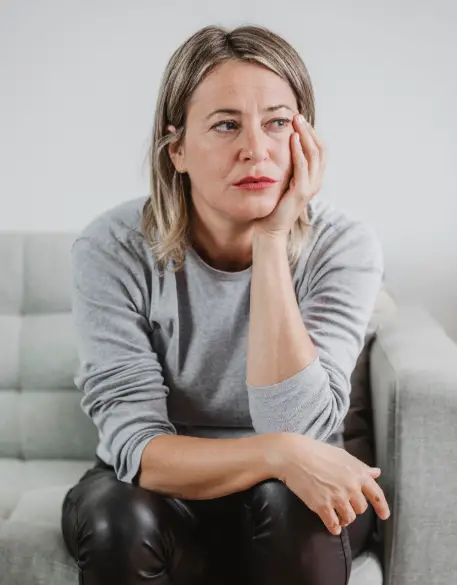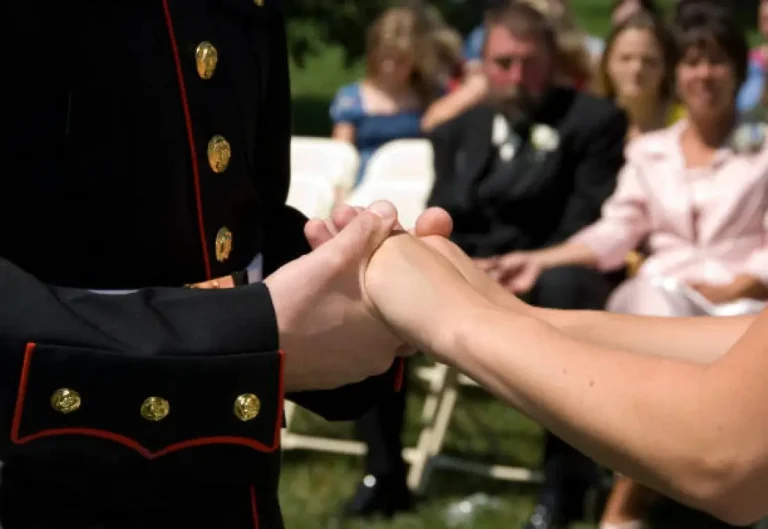When Everything Fell Apart: How I Faced Cancer, Betrayal, and Found Strength in Myself
Life often tests us in ways we never expect. Sometimes the challenges are physical, sometimes emotional—and occasionally, they arrive all at once, shaking the very ground beneath us. At 37, I thought I was in the middle of building a stable future with my husband. Instead, I faced two life-altering battles: a fight against cancer and a marriage that collapsed when I needed support the most.
What happened next taught me more about resilience, self-reliance, and healing than I ever thought possible. This is my story.
A Diagnosis That Changed Everything
It began with a doctor’s appointment I almost didn’t schedule. For weeks, I had felt unusually tired. Simple tasks like climbing stairs or carrying groceries left me winded. I brushed it off as stress, but deep down I knew something wasn’t right.
When the test results came back, my doctor’s expression told me the truth before the words even left his lips: cancer.
Hearing that word felt like the air had been punched out of me. The room blurred, and all I could think was: How could this be happening to me? At 37, I wasn’t prepared to confront mortality.
The Battle of Treatment
The following months were grueling. Chemotherapy drained my body and spirit. My hair fell out in clumps. My appetite vanished, replaced by waves of nausea that felt endless. Some days, even lifting my head from the pillow felt like an impossible task.
But I endured. Each hospital visit, each infusion, each sleepless night brought me one step closer to recovery. Seven long months later, scans showed improvement. Slowly, cautiously, I began to feel hope again.
For the first time in months, I imagined a future where I could walk outside in the morning, feel the sun on my face, and believe that life was waiting for me beyond hospital walls.
A Second Blow: Betrayal at Home
Just as my body began to recover, another blow landed—one I never expected.
One evening, my husband sat across from me, his face heavy with tension. His words fell like stones:
“I can’t do this anymore. It’s too hard. I’m leaving.”
He didn’t stop there. He confessed that he had emptied our joint account. Every savings we had built together, every dollar I thought was ours, was gone.
The man I had trusted to stand by me “in sickness and in health” chose instead to walk away when life became difficult.
For a brief moment, I felt shattered. My world, already fragile from months of treatment, seemed to collapse.
A Quiet Secret
But then, something unexpected happened. Instead of breaking down, I smirked.
Why? Because months earlier, I had prepared.
Deep inside, I had sensed that my health crisis and the growing strain in my marriage could lead to instability. So, quietly, I opened a separate account. Into it, I deposited small savings, family support, and modest investments.
My husband thought he had taken everything, but he was wrong. While his betrayal hurt, I wasn’t powerless. I still had enough to stand on my own.
Turning Pain Into Power
His departure was painful, but it became a turning point. I realized my strength didn’t come from someone standing beside me—it came from within.
I surrounded myself with friends who supported me without judgment. I focused on healing, not just physically but emotionally. I walked every morning, savoring the air. I journaled each night, emptying my heart onto paper. And I poured energy into slowly rebuilding my career.
Each step, no matter how small, felt like reclaiming a piece of my life.
Redefining Love and Freedom
Looking back now, I see his choice differently. It wasn’t abandonment—it was freedom.
He walked away, but in doing so, he freed me from a relationship that was conditional and fragile. In its place, I discovered resilience, independence, and peace.
What he thought would break me only gave me the courage to build a life of my own: healthier, stronger, and more meaningful than before.
Lessons I Learned Along the Way
This painful chapter of my life gave me lessons I now carry everywhere:
-
Resilience is born in silence. The quiet moments of journaling, walking, and breathing became my sanctuary.
-
Preparation is not mistrust—it’s wisdom. My decision to save separately wasn’t disloyal; it was foresight.
-
Health is more than physical. Healing required nurturing my emotions and spirit as much as my body.
-
True strength is internal. External support can disappear; what sustains us is the will within.
Healing from Cancer: What Treatment Looks Like
My personal story can’t be told without also addressing the larger question many people face: How do you fight cancer? While every diagnosis is different, there are several medically recognized treatments that form the cornerstone of cancer care.
1. Surgery
When possible, surgery is often the first step. It involves removing the tumor and surrounding tissue to prevent further spread.
2. Chemotherapy
Chemotherapy uses powerful drugs to target and destroy cancer cells. Though side effects like fatigue, hair loss, and nausea are common, chemotherapy remains one of the most effective tools in cancer treatment.
3. Radiation Therapy
Radiation targets specific areas of the body with high-energy beams to kill or shrink cancer cells. It is often used alongside surgery or chemotherapy for greater effectiveness.
4. Immunotherapy
A newer treatment option, immunotherapy strengthens the body’s own immune system to recognize and attack cancer cells. This approach has shown great promise in certain types of cancer.
5. Targeted Therapy
Unlike traditional chemotherapy, targeted therapy focuses on specific molecules or genes involved in cancer growth, reducing damage to healthy cells.
6. Hormone Therapy
For cancers influenced by hormones—such as breast or prostate cancer—hormone therapy can block or reduce hormone production to slow tumor growth.
7. Supportive and Integrative Care
Cancer treatment isn’t just medical—it’s holistic. Nutrition, gentle exercise, stress reduction, and counseling play vital roles in improving quality of life during treatment.
(Important note: Cancer treatment should always be guided by qualified healthcare professionals. No story, article, or anecdote can replace medical advice tailored to your individual case.)
Life After Cancer and Betrayal
Today, I live with gratitude. My body carries reminders of treatment, but also the triumph of survival. My heart carries scars from betrayal, but also the strength of independence.
The woman I am now is not the same woman who walked into that doctor’s office at 37. I am stronger, wiser, and more attuned to what truly matters.
I have built a life on my own terms—one where every sunrise feels like a victory, every friend feels like family, and every step forward is proof that resilience runs deeper than fear.
Final Thoughts
There are moments in life when everything seems to fall apart—when illness strikes, relationships fracture, or dreams collapse. But these moments also hold the seeds of transformation.
Cancer tested my body. Betrayal tested my heart. But together, they revealed something I never expected: my own resilience.
I am no longer defined by what I lost, but by what I gained—the knowledge that strength lives within me, and that life, even after devastation, can be rebuilt with courage, healing, and hope.

Emily Johnson is a critically acclaimed essayist and novelist known for her thought-provoking works centered on feminism, women’s rights, and modern relationships. Born and raised in Portland, Oregon, Emily grew up with a deep love of books, often spending her afternoons at her local library. She went on to study literature and gender studies at UCLA, where she became deeply involved in activism and began publishing essays in campus journals. Her debut essay collection, Voices Unbound, struck a chord with readers nationwide for its fearless exploration of gender dynamics, identity, and the challenges faced by women in contemporary society. Emily later transitioned into fiction, writing novels that balance compelling storytelling with social commentary. Her protagonists are often strong, multidimensional women navigating love, ambition, and the struggles of everyday life, making her a favorite among readers who crave authentic, relatable narratives. Critics praise her ability to merge personal intimacy with universal themes. Off the page, Emily is an advocate for women in publishing, leading workshops that encourage young female writers to embrace their voices. She lives in Seattle with her partner and two rescue cats, where she continues to write, teach, and inspire a new generation of storytellers.









